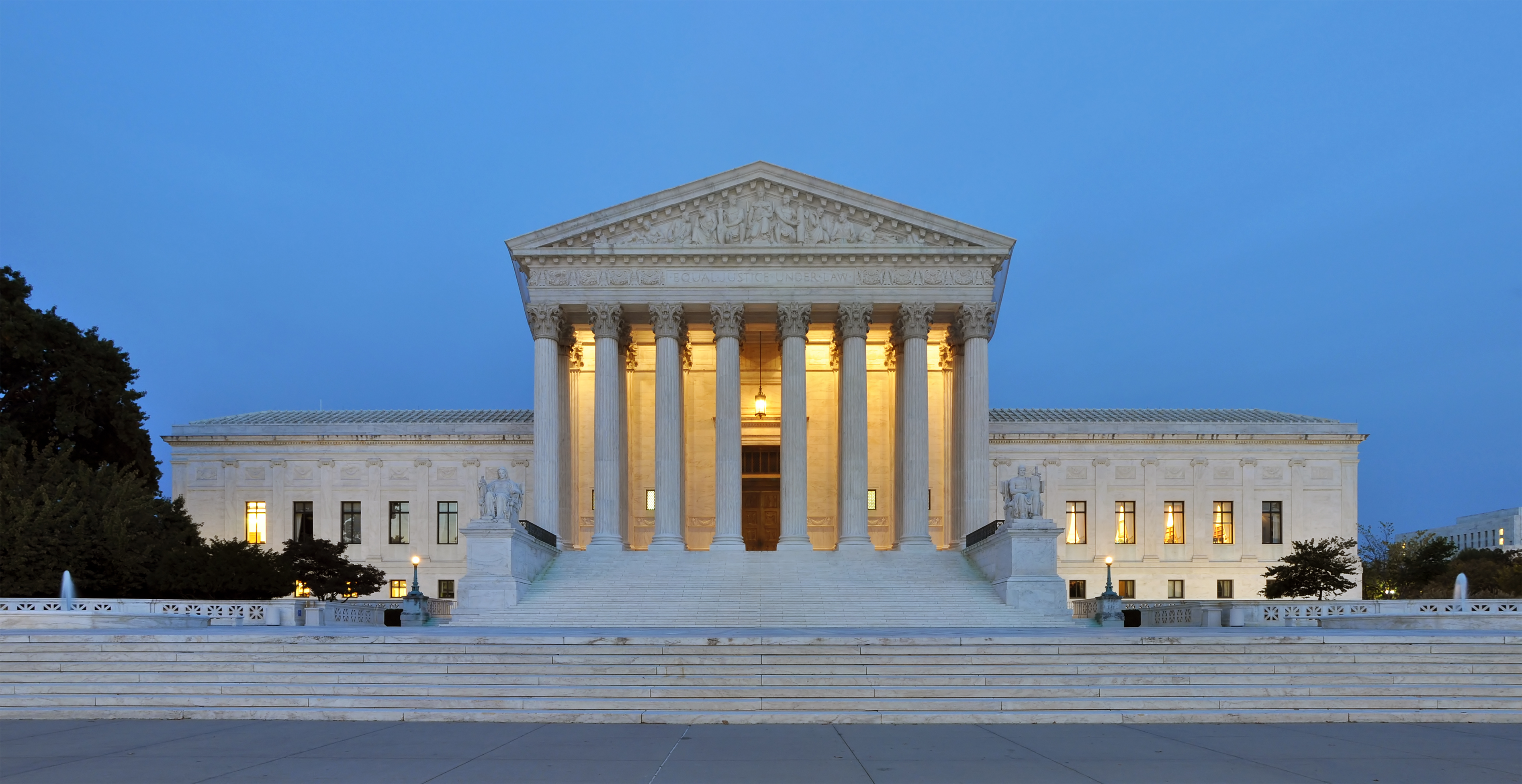Decades long fight on women's right still on before U.S. lawmakers

- Country:
- United States
By Ellen Wulfhorst NEW YORK, April 30 (Thomson Reuters Foundation) - A proposed constitutional amendment to guarantee equal rights for women on Tuesday got its first hearing in nearly four decades in the U.S. Congress, where leaders said the measure could win approval amid "a groundswell" of activism among women.
The Equal Rights Amendment (ERA) was approved by Congress in 1972 but fell short of being ratified by enough U.S. states by a deadline set for 10 years later. Measures before Congress now would lift that deadline or reintroduce the amendment.
The U.S. Constitution does not specifically guarantee equal rights for women, and the ERA would ensure women are treated the same as men under state and federal law. Crowds filled the room on Capitol Hill where the House Judiciary Subcommittee hearing opened with a statement by actress and activist Patricia Arquette.
"There's a groundswell in this country," she said. "Women are being elected in record numbers. Women are rising up by the millions and saying they will not be sexually assaulted. They will not be paid less." A record 117 women were elected or appointed to Congress following last November's midterm elections, when the Democratic Party won control of the U.S. House of Representatives.
In the #MeToo movement, untold numbers of women have spoken out about sexual harassment and abuse. "Women have been waiting 232 years for equality in this country, and it's failed them," Arquette said. "Legislators have blocked the passage of the Equal Rights Amendment for decades, but we're done waiting."
A legal expert testifying at the hearing said Congress has the power to change the ERA deadline. In the years following its approval in 1972, the ERA was a powerful rallying cry among women's groups fighting for its ratification in state legislatures across the country.
But at the time of the 1982 deadline, it was three states short of the 38 it needed. It has since been ratified by 37 states. It narrowly failed to pass in the Virginia state legislature earlier this year.
Opponents say the amendment might weaken laws that protect women or argue women's rights are sufficiently protected and a separate amendment is unnecessary. Others link it to the controversial issue of abortion rights. "The ERA is as simple as it is necessary," Representative Jerrold Nadler, a Democrat and the House Judiciary chairman, said in a statement. "It is shocking the Constitution still fails to expressly guarantee gender equality."
The first ERA was introduced in 1923, and the last Congressional hearing on it was held in 1984.
(With inputs from agencies.)
ALSO READ
SPUWAC's Campaign Against Child Abuse and Empowerment of Women
Lakeshore Mall Hyderabad: A Game-Changer in Retail and Real Estate
Political Tensions Rise: BJP Accuses Mamata Banerjee of Inciting Communal Politics
India on Track to Overcome the US in Metro Rail Length
GhostPairing: The New Threat to WhatsApp Users










